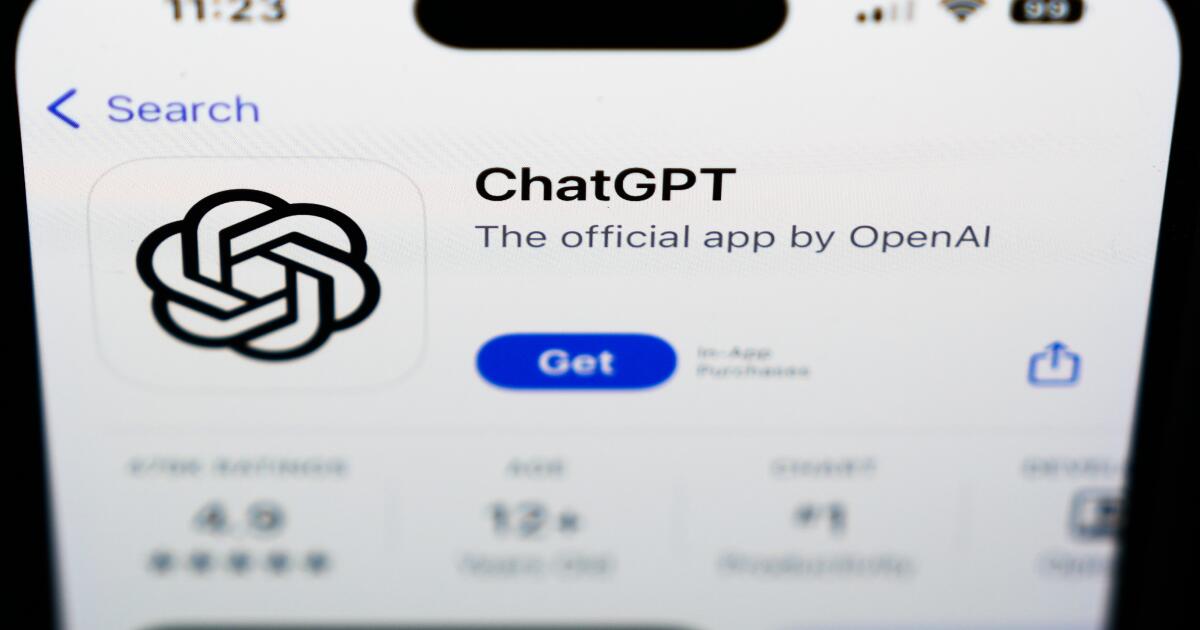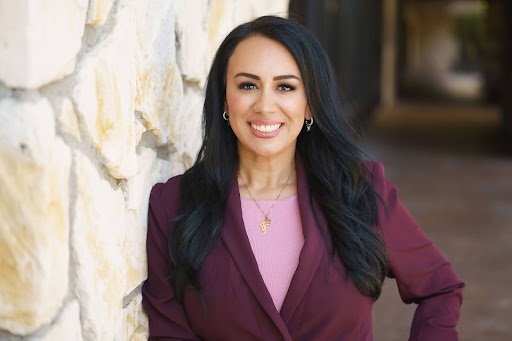
Recent surveys show AI use surging in education among both students and educators.
Teachers primarily use AI for lesson preparation while students rely on it for concept explanations, research ideas and article summaries.
Educators worry about increased plagiarism by students and students worry about academic misconduct accusations and unreliable AI-generated content.
Surveys and other research about exploding use of artificial intelligence in education reveal a breadth of insights — optimism, concerns and confusion — among educators and students alike. Here is a snapshot of several recent studies:
A survey of 1,505 teachers from the United States, India, Qatar, Colombia and the Philippines found that about 27% used AI for lesson prep on a weekly basis, but about half of those never or rarely used AI during live instruction.
Most teachers said AI streamlines routine tasks. But they feared increased plagiarism on the part of students and diminished student creativity. The research was led by USC’s Center for Generative AI and Society.
A December 2024 survey of 1,041 United Kingdom university undergraduates found that the percentage of students using AI surged from 66% the prior year to 92%. The main uses: explaining concepts; summarizing articles; suggesting research ideas; 18% included AI-generated text directly in their assignments. Students said AI saved time and improved the quality of their work.
Two factors discourage students the most from integrating AI in their studies: Being accused of academic misconduct and the fear of getting false or biased results. The study was overseen by Higher Education Policy Institute.
In surveys conducted about a year ago, just over half of teens said it is acceptable to use ChatGPT to research new topics (54%). Only 9% said it was not acceptable. Fewer support using the chatbot to do math or write essays: 29% said it’s acceptable to use ChatGPT to solve math problems, while 28% said it’s not; 18% said it’s acceptable to use ChatGPT to write essays, and 42% said it’s not. The Pew Research study included 1,391 teens ages 13 to 17.



